Viola Davis Said She Was Taught To Act Like A “Perfect White Actress” At Juilliard, And This Is How It Affected Her
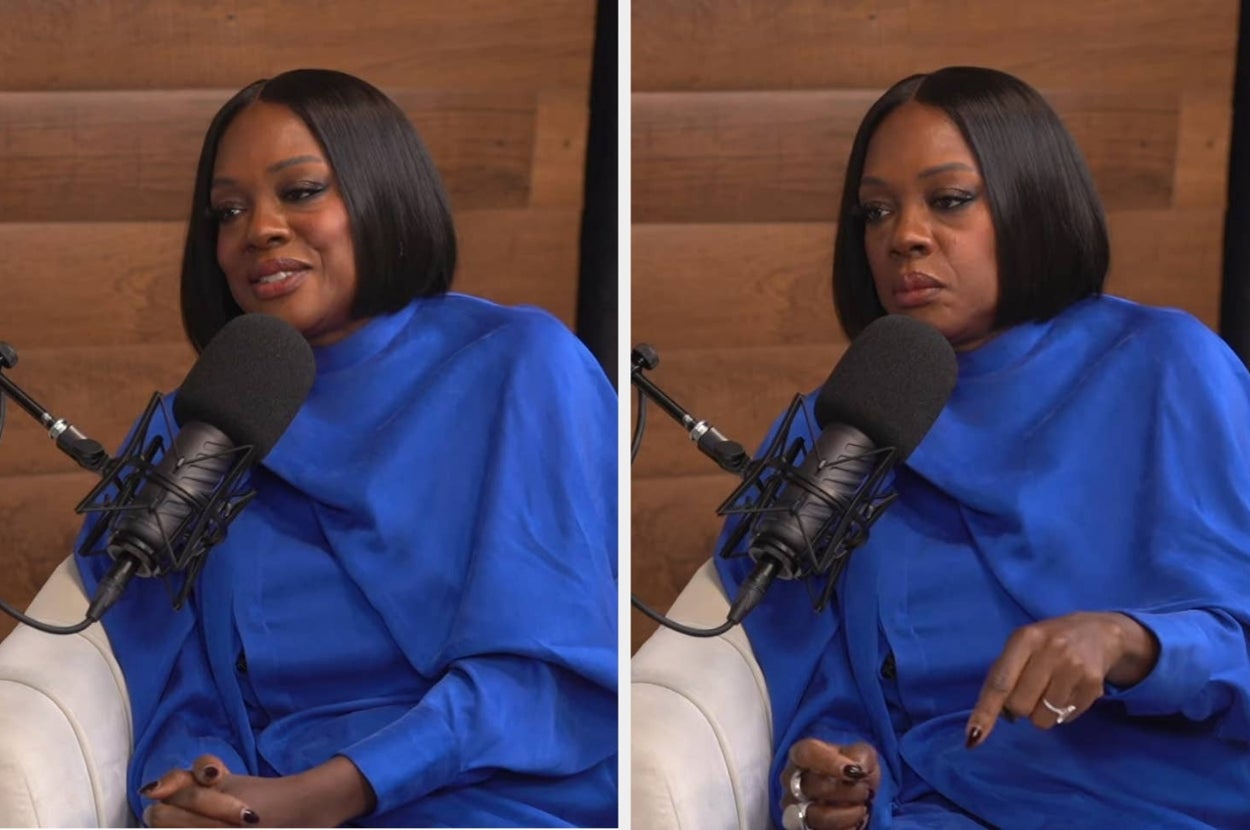
Viola Davis shed light on her formal acting education at Juilliard and the white standard she was held to during each performance.

Warner Bros. TV / Getty Images
The EGOT winner recently stopped by the Talk Easy with Sam Fragoso podcast for an insightful conversation about her journey to stardom, her liberating projects, and her formative years attending one of the most revered performing arts schools in the world.

In the middle of the discussion, Sam asked, “In Juilliard, what was the purpose of their training? Are they shaping you into a good actress or a perfect white actress?”

“Definitely a perfect white actress,” Viola said. “What it looks like…it’s technical training in order to deal with the classics — the Strindbergs, and the O’Neills, and the Chekhovs, and the Shakespeares. I totally understand that, to get your voice…everything. But what it denies is the human being behind all of that.”
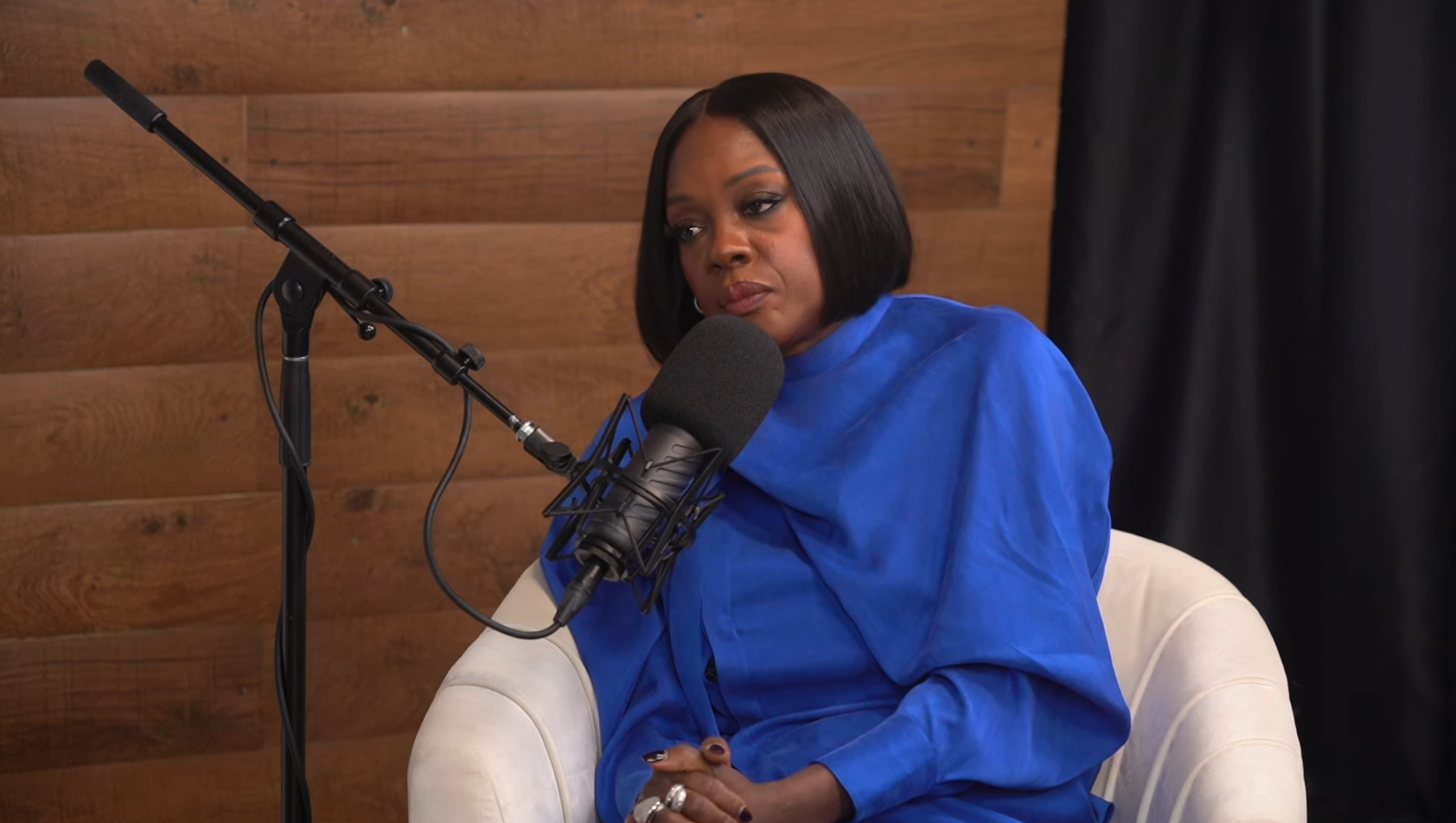
“I feel that as a Black actress, I’m always being tasked to show that I have range, by doing white work. So, if I can master Blanche DuBois in Tennessee Williams’s A Streetcar Named Desire — I can do the best I can with Tennessee Williams, but he writes for fragile, white women. Beautiful work, but it’s not me.”
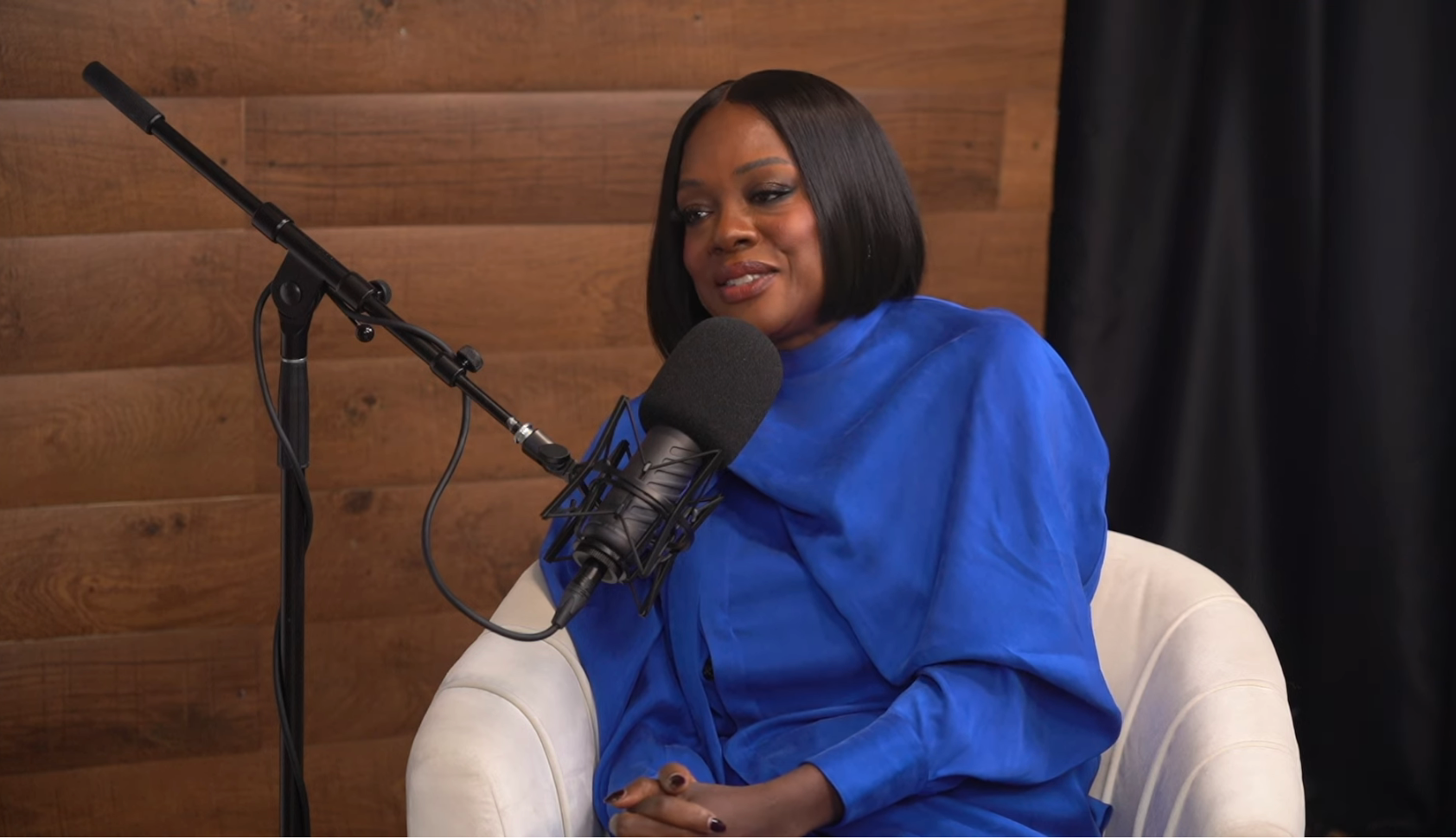
The G20 star, who’s known for taking on powerful roles like Nanisca in The Woman King, Annalise Keating in How to Get Away with Murder, Rose Maxson in Fences, added that she was never taught the works of any classic Black writers, which in turn, meant her white classmates weren’t either. The limited source teachings felt like a disservice to her.

Rob Kim / Getty Images
“But we don’t put those same parameters on white actors,” Viola continued. “You can have a white actor who’s 54 or 55 years old, which is a great age to play Mama in A Raisin in the Sun — is she going to be able to pull off Mama in A Raisin in the Sun? Is she going to be able to pull off Beneatha? Is she going to be able to pull off Molly in Joe Turner’s Come and Gone, when Molly says, ‘I ain’t going south’ and make me believe it? They don’t have to do that.”
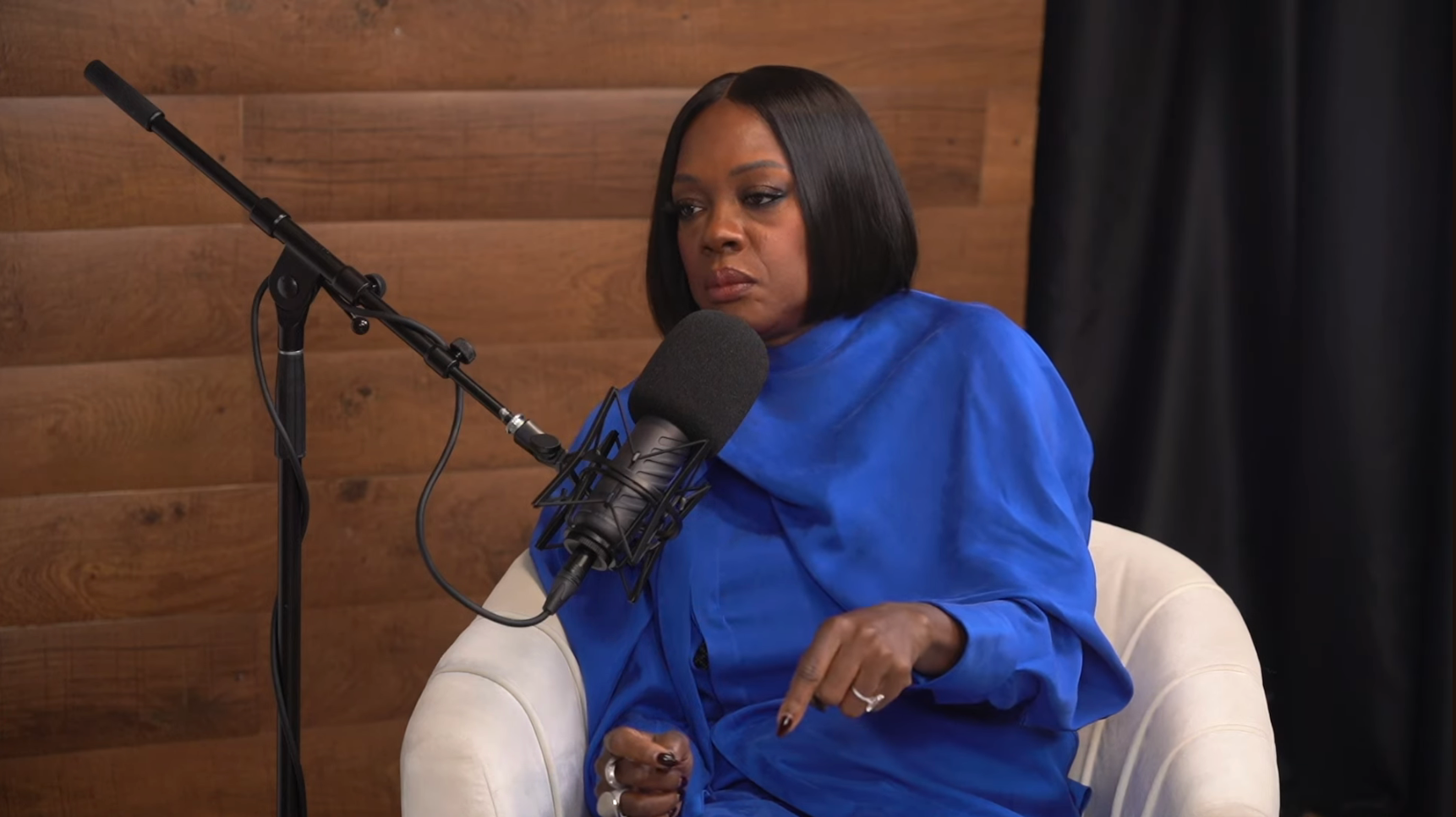
“So for those four years at Juilliard, all those white actors have to do is play all white characters. That’s not me. Me, I’m tasked to only do the classics, and no Black writer is included in those classics. Then, once I leave Juilliard, guess what? Most of what I’ll be asked to do are Black characters, which people will not feel I am Black enough. So then I’m caught in a quagmire, this sort of in between place, of sort of not understanding how to use myself as the canvas.”
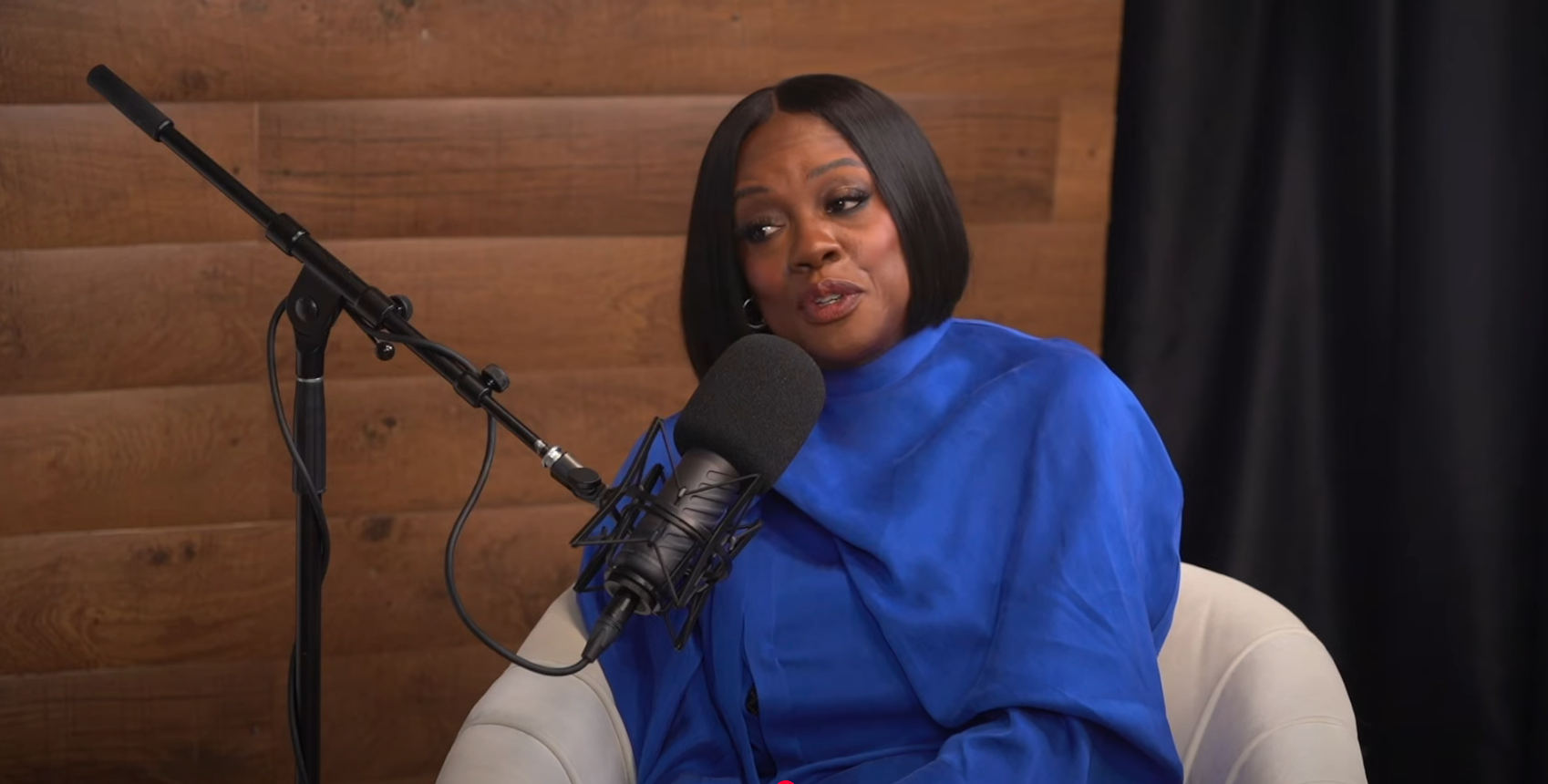
Despite being thankful for everything she learned while being there, Viola eventually realized she wasn’t able to bring her true, full self to Juilliard.
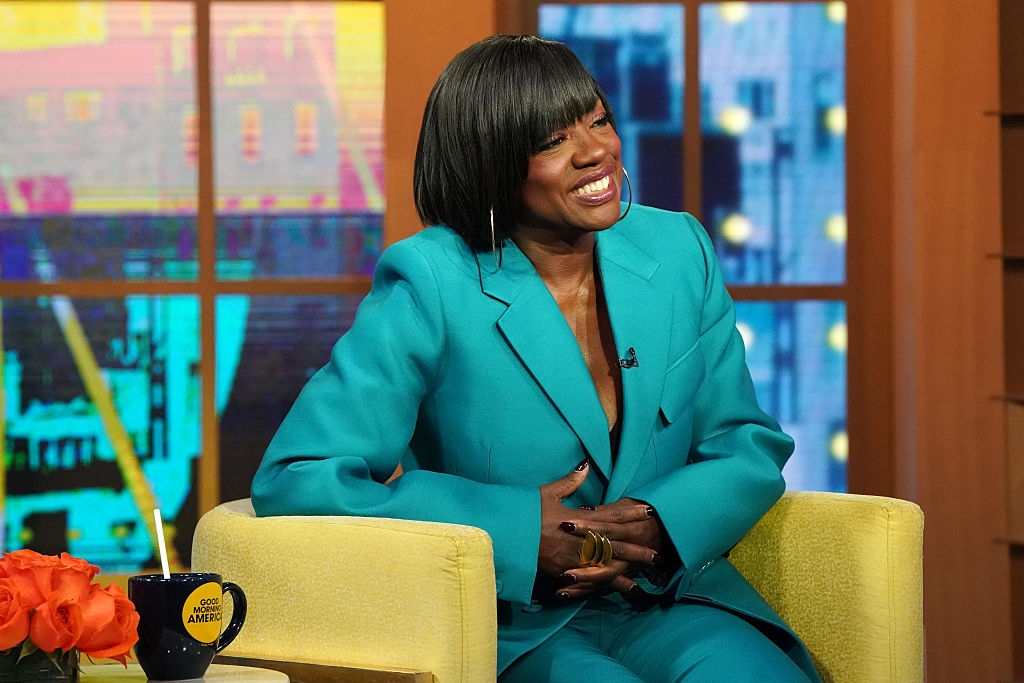
Heidi Gutman / ABC via Getty Images
“Juilliard was an out of body experience because once again I did not think that I could use me. Me needed to be left at the front door, even though me was what got me in there.”
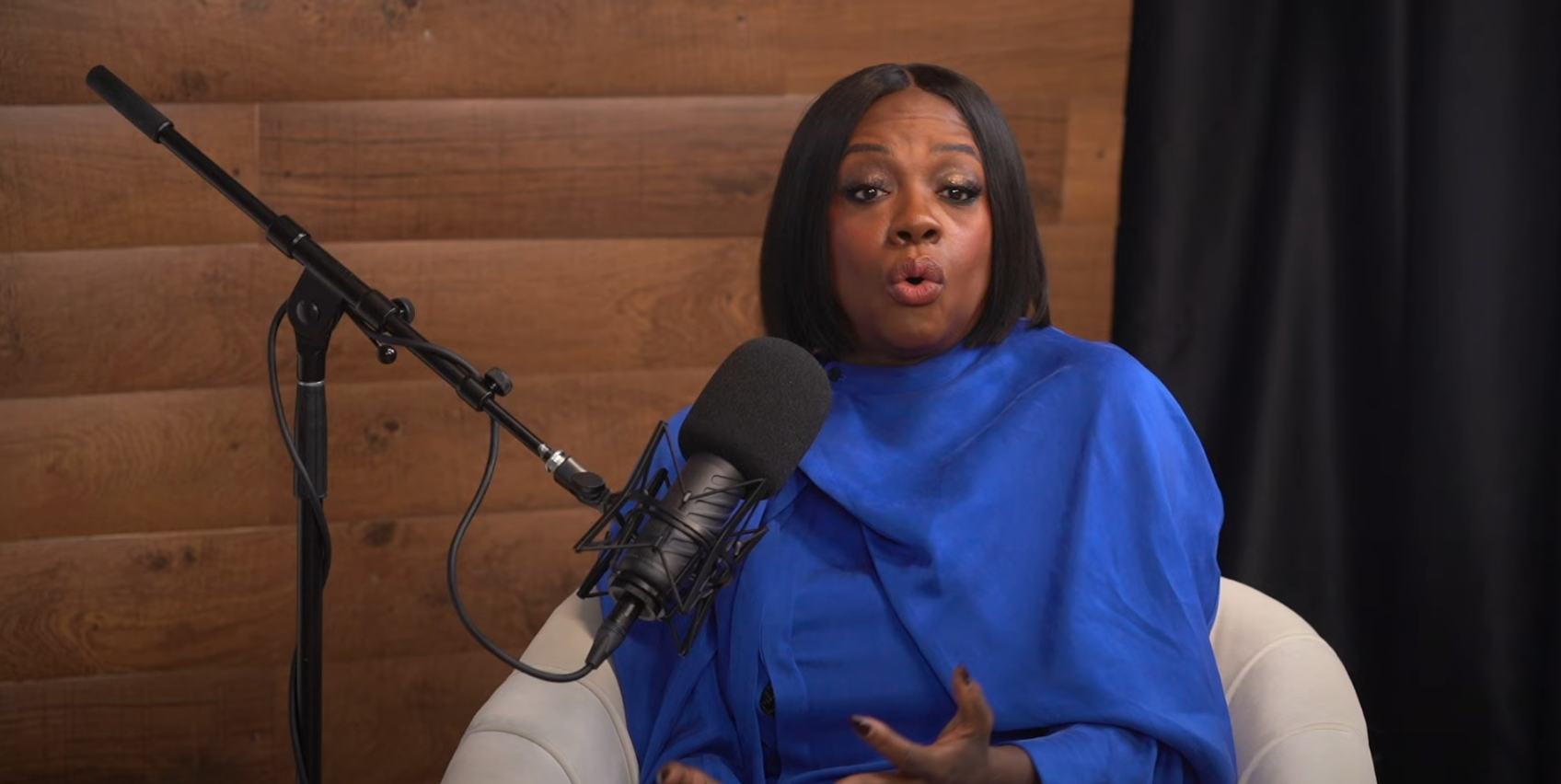
This is why representation is so essential for everyone in all facets of life. People deserve to see themselves as the standard. Although she didn’t see herself in any of the roles she took at school, Viola made sure to change that when she officially hit Hollywood, and she’s been breaking barriers ever since.
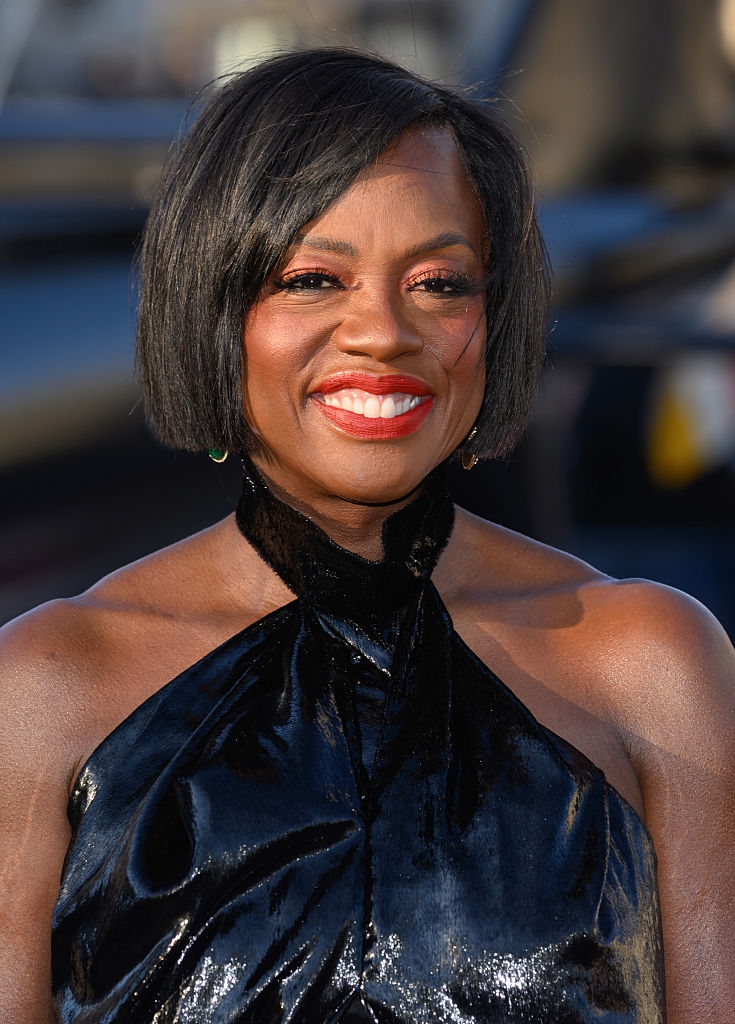
Karwai Tang / WireImage / Getty Images







